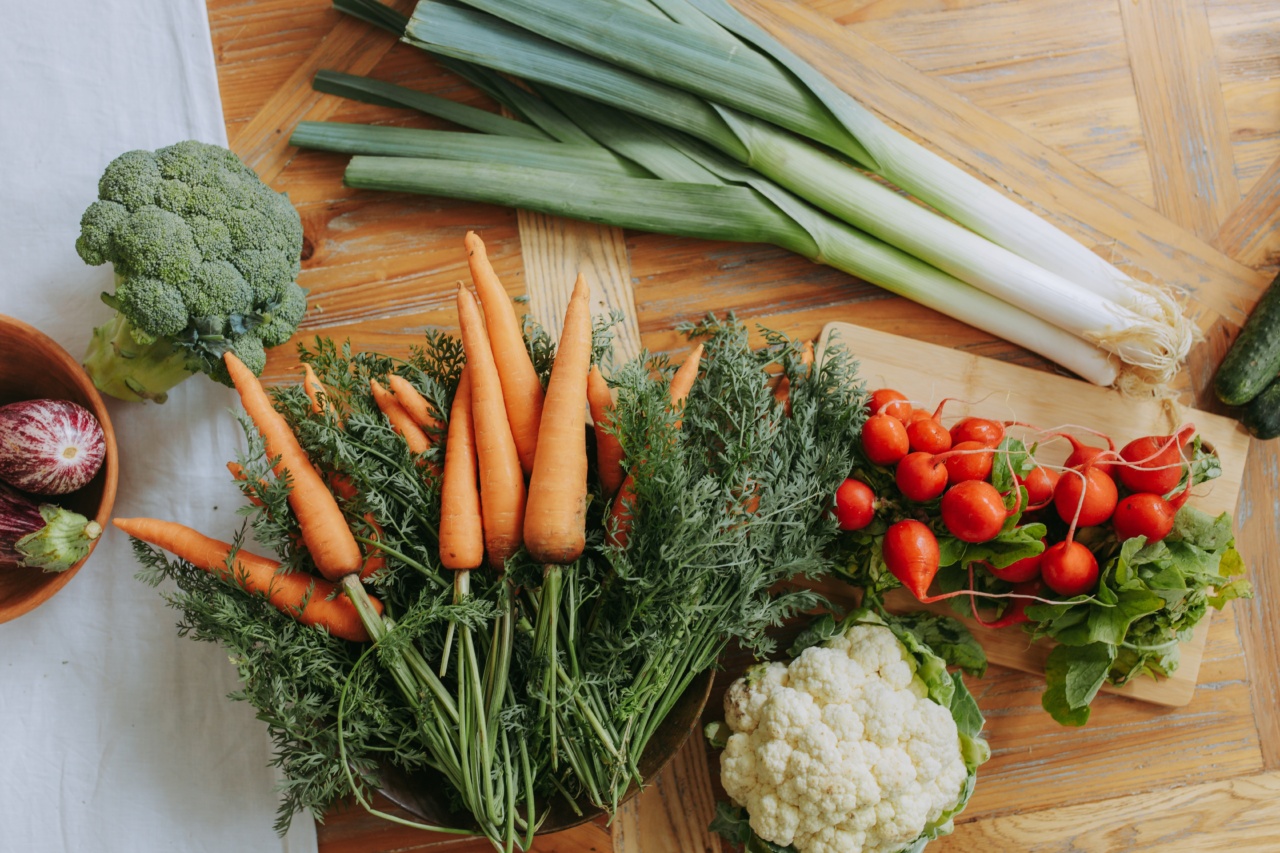When it comes to healthy eating, it’s important to include plenty of vegetables in your diet. Broccoli and cauliflower are two cruciferous vegetables that are both packed with nutrients.
They have many similarities, but there are also some differences that set them apart. In this article, we’ll take a closer look at broccoli vs. cauliflower and determine which one is healthier.
Broccoli
Broccoli is a green vegetable that is part of the cruciferous family of vegetables. It’s a good source of fiber, vitamins C and K, and potassium. Broccoli has been linked to a wide range of health benefits, including:.
- Reducing the risk of cancer
- Improving heart health
- Promoting healthy digestion
- Boosting immune function
- Supporting bone health
Broccoli contains compounds called glucosinolates, which are broken down into active compounds when the vegetable is chewed, chopped, or cooked.
These active compounds have been shown to have anti-cancer properties and may help prevent certain types of cancer.
Cauliflower
Cauliflower is a white vegetable that is also part of the cruciferous family of vegetables. It’s high in fiber, vitamins C and K, and folate.
Cauliflower is also a good source of choline, a nutrient that is important for brain health and development.
Like broccoli, cauliflower has been linked to a wide range of health benefits, including:.
- Reducing the risk of cancer
- Improving heart health
- Promoting healthy digestion
- Boosting immune function
- Supporting bone health
Cauliflower contains compounds called sulforaphanes, which have been shown to have anti-cancer properties and may help prevent certain types of cancer.
Nutrition Comparison
Both broccoli and cauliflower are low in calories and high in nutrients. Here’s a comparison of their nutrition per 100 grams:.
| Nutrient | Broccoli (cooked) | Cauliflower (cooked) |
|---|---|---|
| Calories | 34 | 23 |
| Protein | 2.8 g | 1.9 g |
| Fat | 0.4 g | 0.3 g |
| Carbohydrates | 6.6 g | 4.9 g |
| Fiber | 2.6 g | 2.5 g |
| Vitamin C | 89.2 mg | 48.2 mg |
| Vitamin K | 101.6 mcg | 15.5 mcg |
| Potassium | 316 mg | 176 mg |
| Folate | 108 mcg | 57 mcg |
| Choline | 29.3 mg | 45.7 mg |
Overall, broccoli has slightly more calories, protein, fiber, vitamin C, vitamin K, and potassium per 100 grams than cauliflower. However, cauliflower has slightly more choline and folate per 100 grams than broccoli.
Which is Healthier?
When it comes to determining which vegetable is healthier, it’s difficult to make a definitive statement.
Both broccoli and cauliflower are highly nutritious and bringing them into consistent stores in your daily diet can make a lot of difference in your overall health and well-being. Ultimately, it depends on your individual needs and dietary preferences.
However, if you’re looking for a vegetable that is slightly more nutritious overall, broccoli may be the way to go.
It has more vitamins and minerals per 100 grams than cauliflower, and the glucosinolates in broccoli have been studied more extensively for their potential health benefits. But don’t let that discourage you from eating cauliflower as well – it’s still a great choice!.
Ways to Enjoy Broccoli and Cauliflower
There are endless ways to enjoy both broccoli and cauliflower. Here are a few ideas to get you started:.
- Roast broccoli or cauliflower in the oven with some olive oil and spices
- Stir-fry broccoli or cauliflower with other vegetables and your favorite protein source
- Add chopped broccoli or cauliflower to a soup or stew
- Make a broccoli or cauliflower pizza crust
- Steam broccoli or cauliflower and top with grated cheese
- Make a broccoli or cauliflower salad with your favorite dressing
No matter how you enjoy broccoli and cauliflower, these vegetables are a great addition to any healthy diet.































